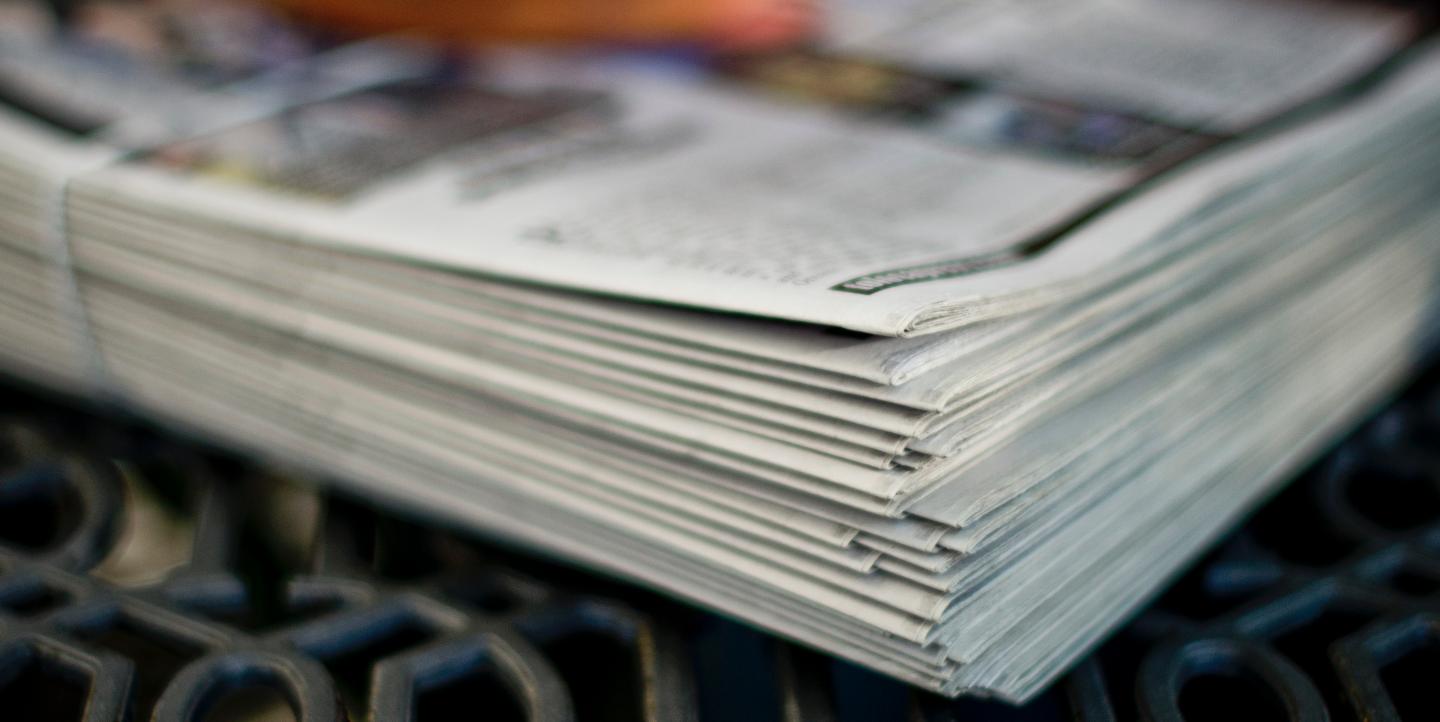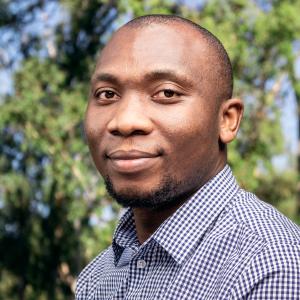Dubawa, a fact-checking organization in Nigeria, is changing the practice of fact-checking in the country by collaborating with organizations and training journalists across different newsrooms.
As a transnational independent verification and fact-checking platform, initiated by the Premium Times Centre for Investigative Journalism (PTCIJ), the organization is guided by the five principles of the International Fact-Checking Network (IFCN) with the aim of amplifying the culture of truth in public discourse, public policy and journalism in West Africa.
Dubawa devotes itself to the creation of strategic partnerships between the media, government, civil society organizations, technology giants and the public.
“The basic assumption, which is integral to our theory of change, is that factual information enables people to make more informed choices in a democratic society and on other public interest issues. Therefore, providing verified information will likely promote good governance and accountability in West and Sub-Saharan Africa,” said Ebele Oputa, project officer and deputy editor for Dubawa.
The organization bases its creation on the belief that truth and trust have been eroded in journalism owing largely to “thinner investments and the competing forces of social media.” However, providing factual information and building the capacity of newsrooms to fact-check is a method to rebuild and restore lost trust, said Oputa.
Using multimedia platforms, radio, Twitter, Facebook, Instagram, WhatsApp and their website, Dubawa shares information across a wide audience in the country.
“We have appeared on a number of radio shows to talk about fact-checking in general and our own work at Dubawa, and we are working towards doing more of that,” said Oputa. “We have also trained about 200 journalists from across Nigeria, in different newsrooms, and we are seeing how best to use those journalists to further promote fact-checking.”
During Nigeria’s general elections in February, Dubawa debunked claims made by candidates. In three days, they fact-checked 26 claims and produced about 60 elections-related fact-checks in the days leading up to the national election.
“We try to fact-check [everything], but our guiding principle is to place priority on claims that have implications for national security and public discourse,” Oputa said. “We fact-check claims made by influential people – politicians, social media influencers, [and] experts in the economic, political and health sectors. We also debunk age-old myths or seemingly ridiculous claims if we discover that they could actually be detrimental to the proper functioning of society.”
In May, Dubawa — in partnership with the European Union and British Council — organized a training for journalists across the country. With funding from the Heinrich Böll Foundation, the MacArthur Foundation and Facebook, Dubawa is building the capacity and skills of journalists in the country to promote the culture of fact-checking in their profession.
“The skills l learned during the training will definitely reflect in my stories,” said Chisom Udeoba, one of the journalists who attended the training. “I am grateful for the knowledge, which was very impactful.”
This year, to promote the spread of fact-checking practices to other journalists, Dubawa started a fellowship program. They selected five journalists from existing newsrooms that spend six months producing fact-checking stories on various issues around the country. For the duration of the fellowship, selected journalists are given a monthly stipend of NGN100,000 (US$278), and receive mentorship from the Dubawa team. At the end of the fellowship, the fellows are expected to train their colleagues and set up fact-checking desks in their newsrooms.
According to Oputa, Dubawa adopts a five-step process for fact-checking, which is shown below:
- Identify a claim: Editors examine suggestions for fact checking based on reader/citizen suggestions, or choices made by team members.
- Assign the claim: Once the claim has been determined, it is assigned to a person with the right expertise to research it.
- Verify the facts: The designated researcher uses tools and processes to check the authenticity of the claim, guided by Dubawa’s five-layered evaluation mechanism. The mechanism lays out which types of sources are to be trusted.
- Write: Armed with sufficient information, the team member writes about the fact-check, including context, clarity and transparency in the writing process.
- Edit with skepticism: This is a two-way process, where the assistant editor “fact-checks the fact-check.” Afterwards, the piece will be sent to the editor for final review, and posted on the website.
This process, however, does not always work. Access to information and public documents from the government, despite the Freedom of Information (FOI) Act that passed in 2011, hinders the organization’s work.
“There are so many claims that we want to verify that we just can't because there's no publicly available information and the responsible government entity has refused to respond to FOI requests,” said Oputa. “In those cases, we try to produce what we call ‘fact-check articles’ that have no verdict or conclusion but explain why a certain claim may or may not be true.”
This is the continuation of an earlier series, "Fact-checking around the world," which highlights organizations fighting against misinformation worldwide. You can also read about Bosnia-Herzegovina's fact-checkers, Wafana in Germany, Faktograf in Croatia, ZimFact in Zimbabwe, Chequeado in Argentina, Africa Check and Colombiacheck.
Main image CC-licensed by Unsplash via Tim Mossholder.


